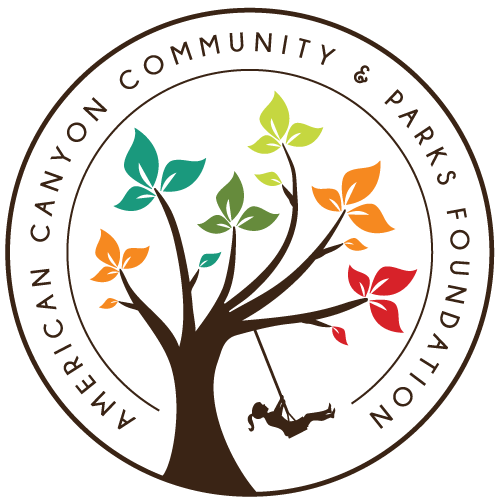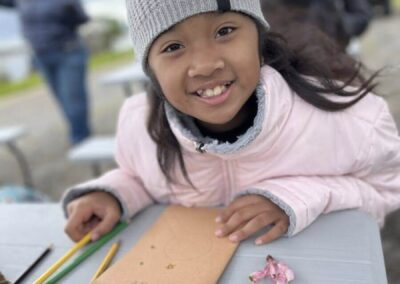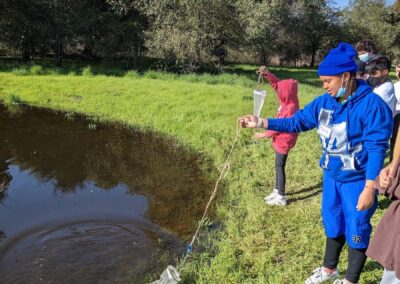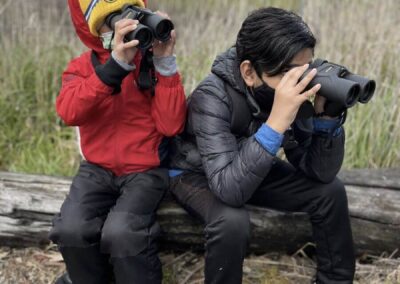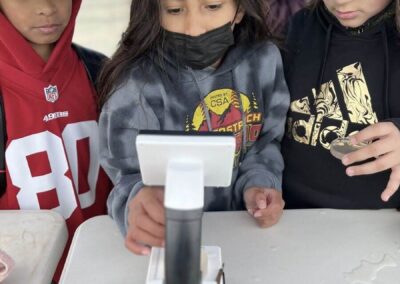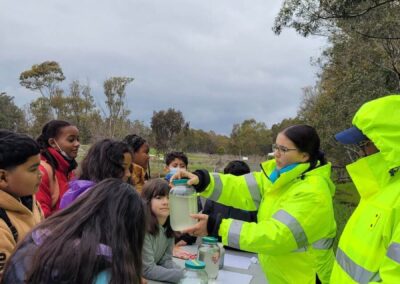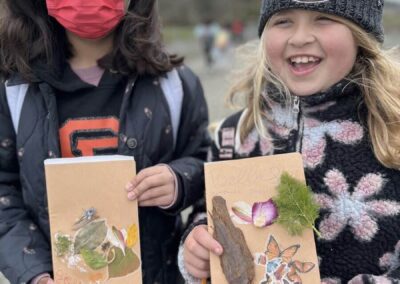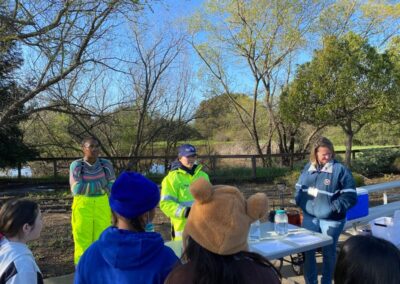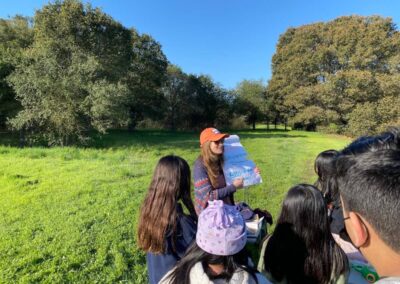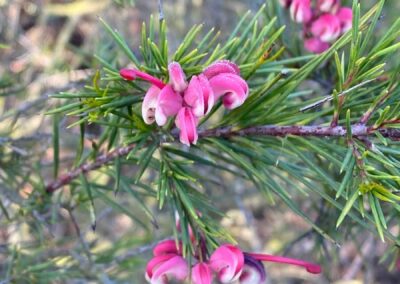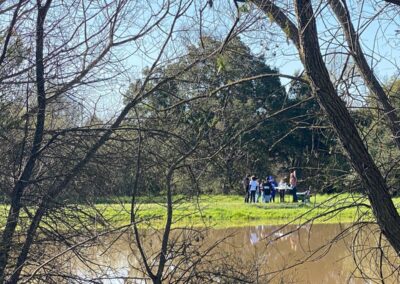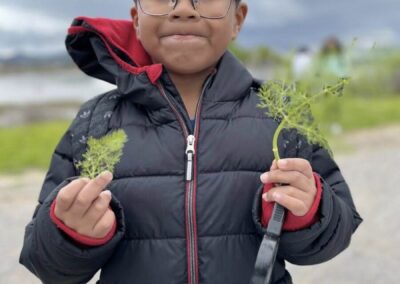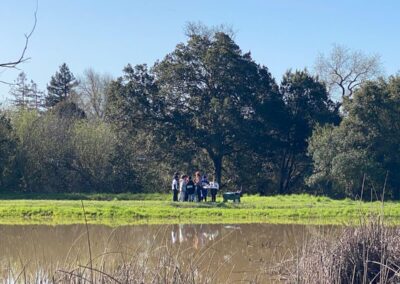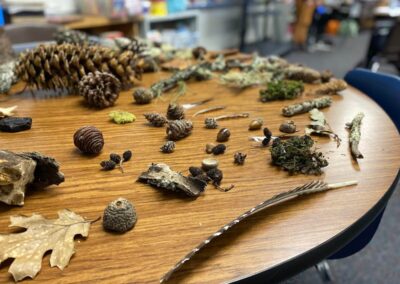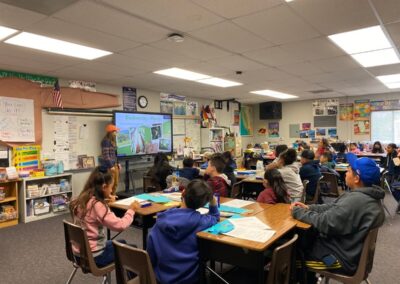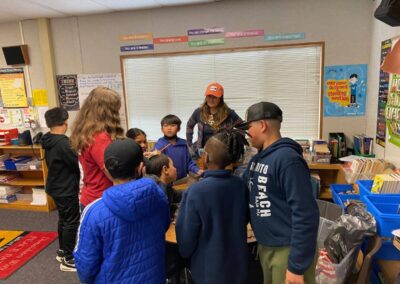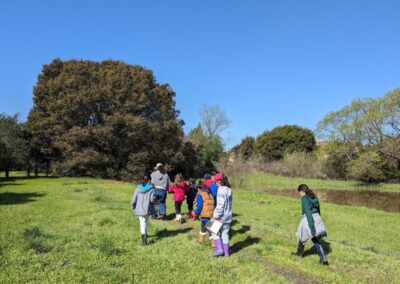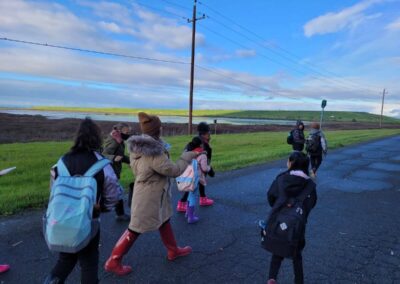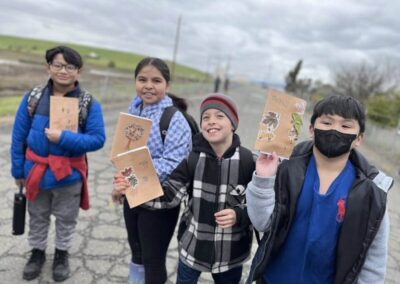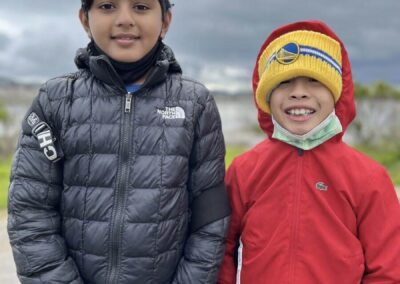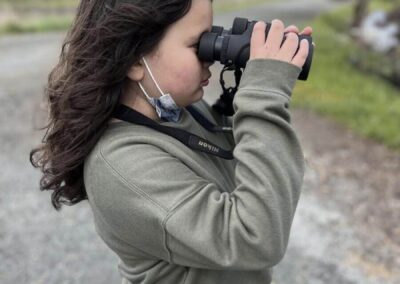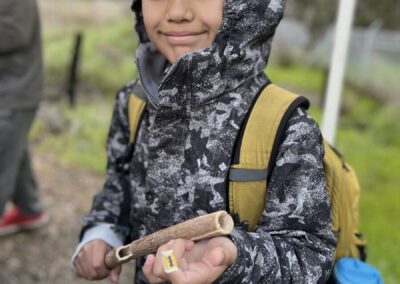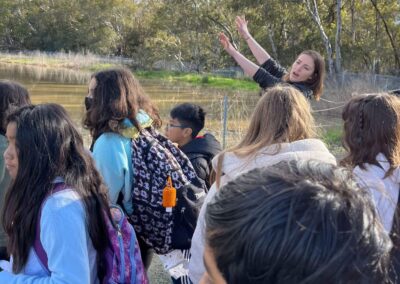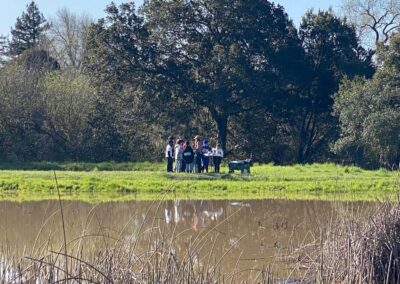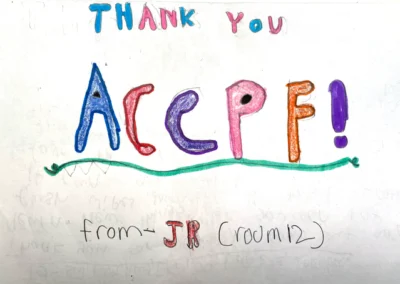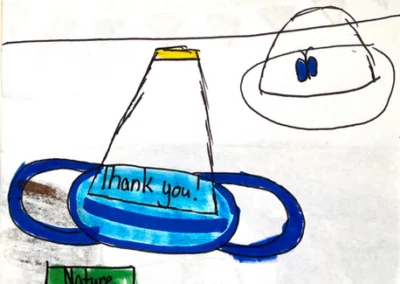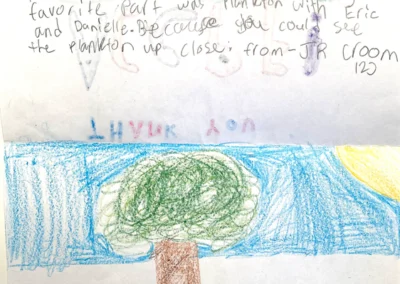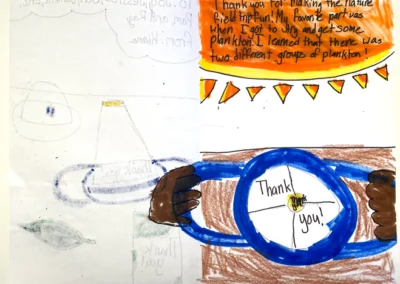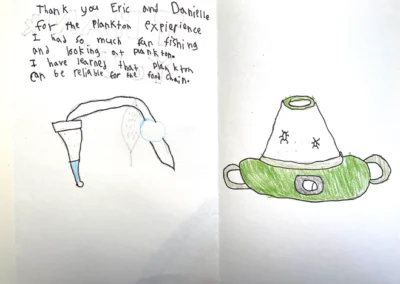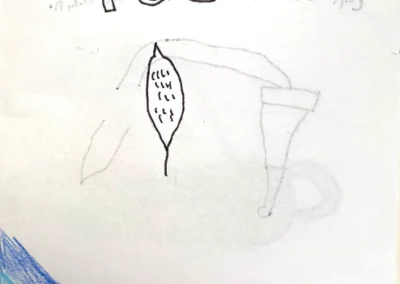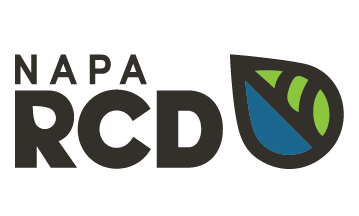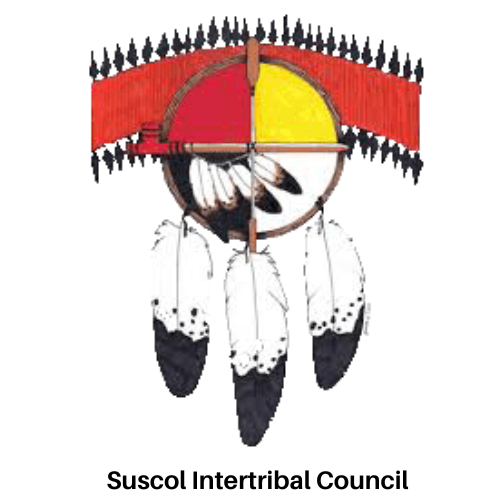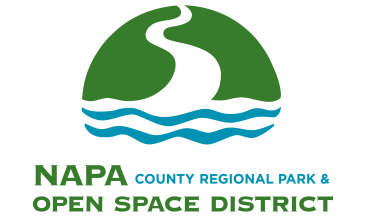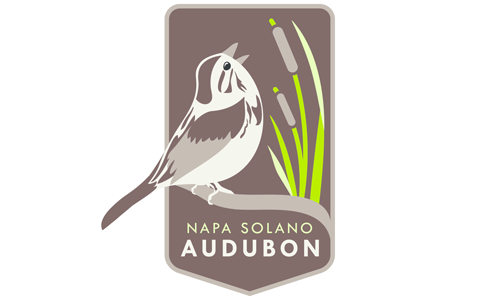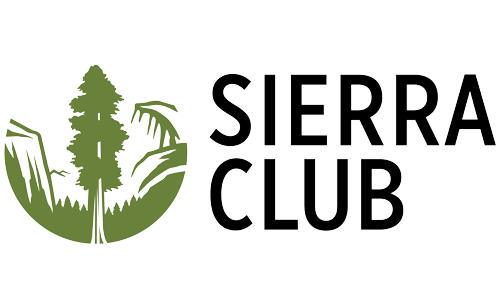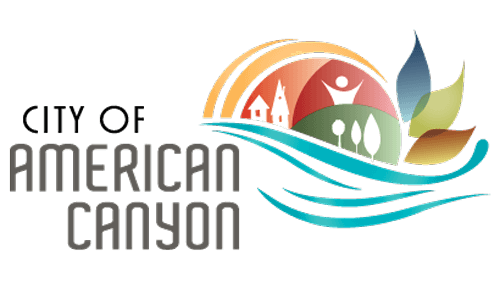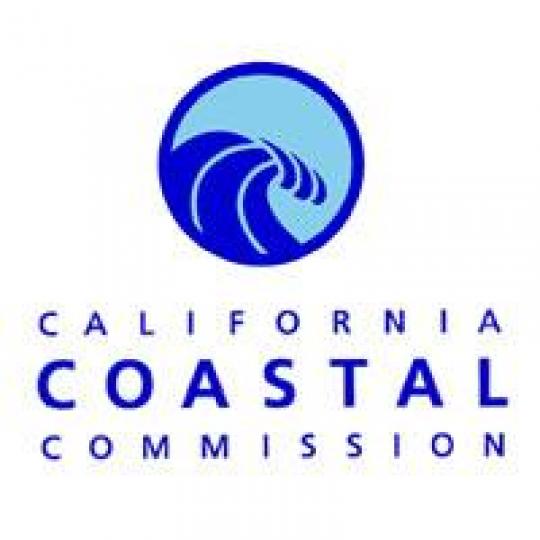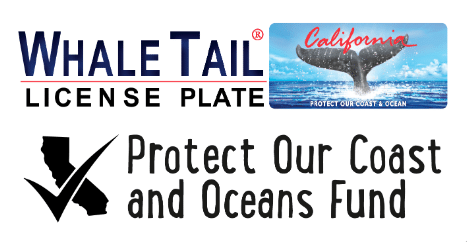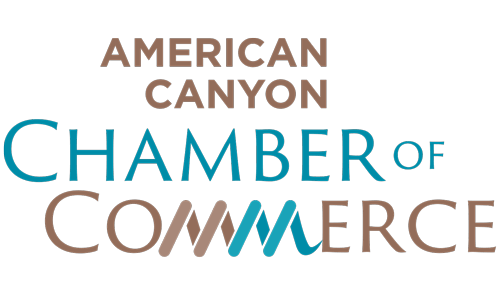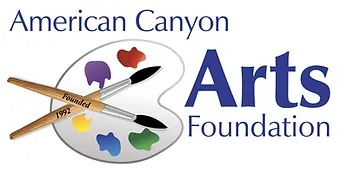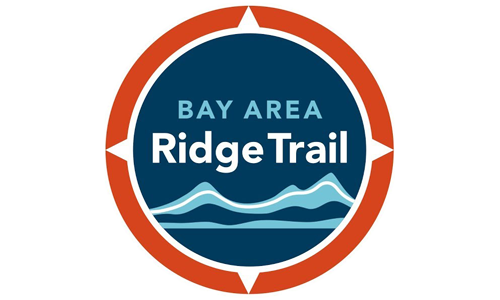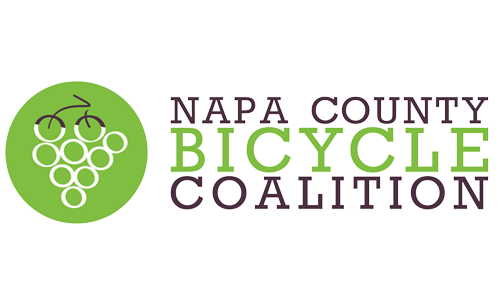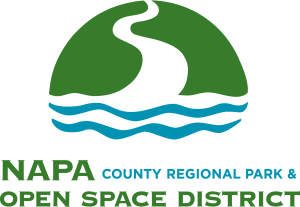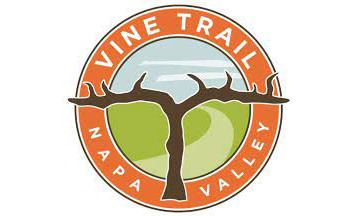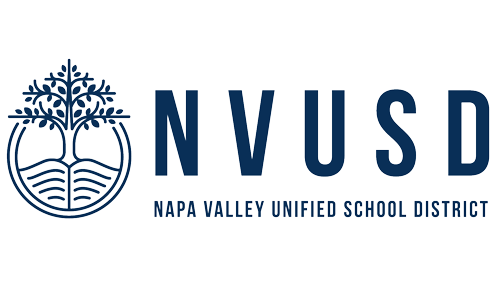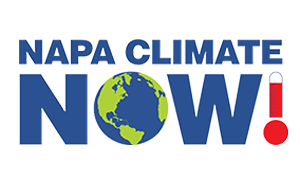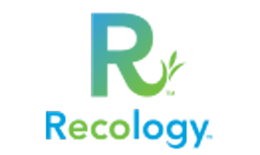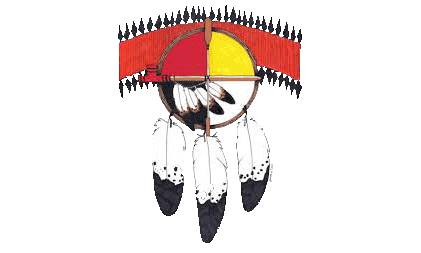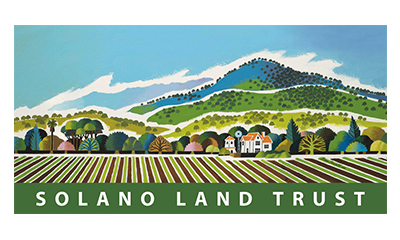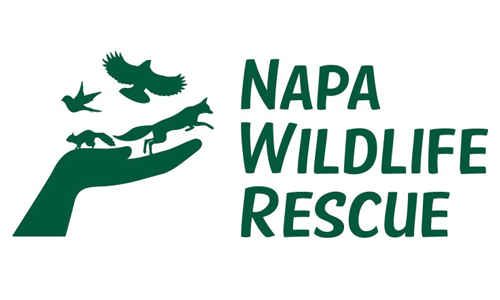Watershed Explorers
The Parks Foundation Watershed Explorers program is designed for third through fifth-grade elementary students and enhances curriculum standards in environmental science, biology, chemistry, and more.
Watershed explorers utilize The Napa River Bay Trail, Wetlands Edge trailhead, the heart of the American Canyon outdoor community. This beautiful spot is one of the most biodiverse areas of the San Francisco Bay Area and is easily accessible to the community. Students participate in a three-part series focused on protecting and learning about our watersheds.
Watershed Explorers is reliant on many strong partnerships. Ten classrooms at three elementary schools are participating in our third full year of programming. With funding from the Napa Wildlife Conservation Commission, the Parks Foundation will hold its first watershed cleanup day open to all fourth-grade participants and their families. Check back soon for more information on our Capstone Day.
Session 1: A one-hour, in-class presentation about the Napa Watershed and its connection to San Pablo Bay and the Pacific Ocean. Students will learn about the American Canyon Wetlands as a filter for the entire water system, reclamation, and biodiversity.
Students will practice making observations in a nature journal. The focus is on collecting metadata and recording what you see in whatever way works best for you. There is no “right way”.
Session 2: Wetlands Field Day. Classrooms visit Wetlands trails. There, students will have the opportunity to get “hands-on” by visiting four education stations. They have the opportunity to test water, track animal behavior, fish for plankton, learn about the first people, identify birds, and more. Students will use their nature journals to draw and record their experience.
Session 3: The Parks Foundation brings the Outdoor Connection, a trailside learning center, to the school or neighboring park providing students with opportunities to engage with various educational tools such as the topographic water table, augmented reality sand table, telescopes, and more. Collaborating with naturalists or environmental scientists, students gain insight into careers in watershed protection. They document their experiences as Watershed Explorers in their nature journals, identifying three strategies to safeguard the local ecosystem and beyond.
Students participate in pre and post-program surveys to document their desire to protect our watersheds, engagement in learning, and interest in further conservation careers.
The benefits of environmental education are many. Participation in these hands-on programs helps students develop their leadership skills, promotes problem-solving, encourages critical thinking, fosters a love of learning, encourages them to make connections between subjects, helps them identify science as an academic career, and promotes physical activity.
Visit our virtual Watershed Explorers activities and field trip by clicking HERE. You will learn what a watershed is and why ours is so important, how to create and use your own nature journal, and go on a virtual field trip to the American Canyon wetlands.
What Students & Teachers Say
Watershed Explorers
Benefits
Visit our virtual Watershed Explorers activities and field trip. You will learn what a watershed is and why ours is so important, how to create and use your own nature journal, and go on a virtual field trip to the American Canyon wetlands.
Send questions to [email protected].
This program is made possible by the California Coastal Commission’s WHALE TAIL® Grant
Thank You
California Coastal Commission
Whale Tail Grant
